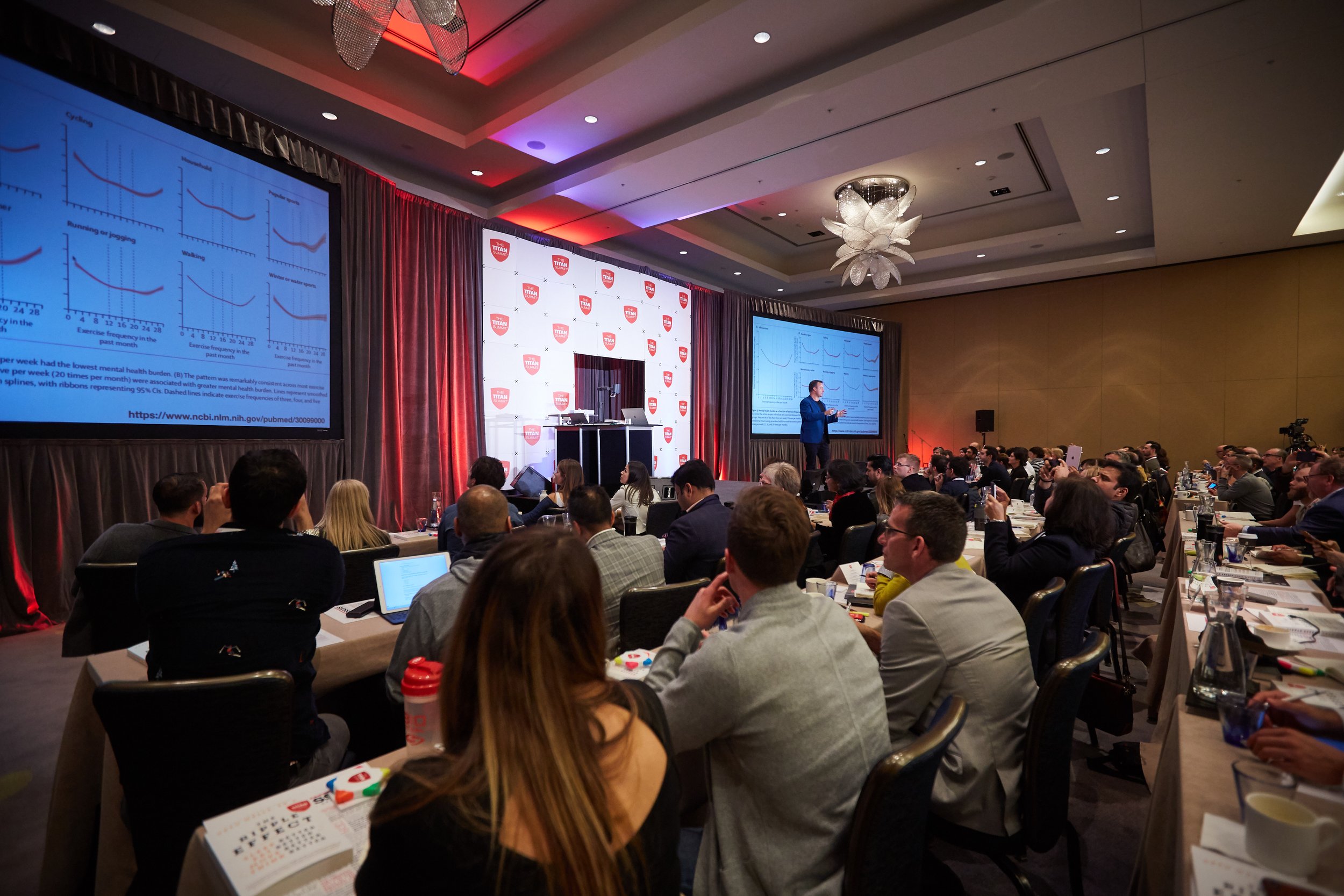
INSIGHTS
ACTIONABLE SCIENCE FROM Dr. WELLS’ NEWSLETTER
The Power of Gratitude
This week is all about the power of gratitude. Gratitude has become something of a buzzword over the past few years. You might have heard the word through social media or heard of friends or family members practicing it. But what exactly is gratitude? Gratitude is simply what it sounds like - being thankful. Practicing gratitude means noticing the positive aspects of the world, as opposed to focusing on the negatives.
What Michael Phelps’ struggle for meaning can teach us about peak performance
If you locate measures of success and failure outside yourself— whether by accepting the judgment of others or internalizing it to judge yourself—you give away control of your sense of accomplishment. If you feel happiest and most satisfied when you receive external validation and rewards, then your sense of who you are (and how good of a person you are) will come from other people as well.
That’s a risky way to live and work. Fearing external judgment and relying on external validation to feel good are equally problematic. And they are both barriers to high performance.
3 techniques to trigger gamma brain waves and achieve peak performance
Great performers enter a state of complete connection to the task while remaining completely relaxed. In so doing, they consistently deliver exceptional performance. From a brain science perspective, they are able to access gamma mode, a state of intense brain activity when the entire brain works together at once.
What Alex Honnold can teach us about peak performance
I’ve spent a lot of time trying to crack the code of ultra-performance.
I do it by looping back through everything I’ve learned as a scientist and physiologist, and comparing that knowledge to everything I am learning from meeting and working with some of the highest-achieving people on the planet.
What I’ve observed is that elite performers are consistently able to access their full potential.
The science of focused execution, beta waves and singletasking
When I criticize our culture of hustle and endless drive, I am not in any way diminishing the importance of focus and execution. In fact, I think a commitment to rest and recovery is, in many ways, about setting you up to deliver results when it matters.
5 techniques that amplify focus and execution
Living in a constant state of hustle and drive is so familiar to most of us that we aren’t always aware of what does – and doesn’t – help us focus.
Given how brains work, there are certain conditions that will cue beta waves when it comes time to deliver results.
Here are five techniques you can use to cue your brain to get into go mode.
What a rhino taught me about alpha waves, reflection and seeing the whole picture
Alpha waves are emitted when we learn, reflect, think strategically or engage in metacognition. In this mode, our brains achieve a blend of activation and relaxation. To get into this mode, we have to step out of focused execution, which limits our ability to pull the lens back and see the whole picture.
I learned about this effect firsthand on a trip to Africa for a friend's wedding.
5 techniques to cue reflection, strategic thinking and metacognition
One of the major side effects of the epidemic of unrelenting drive and constant hustle has been to limit our collective capacity for deep and broad thinking.
When it comes to reflection, learning, strategic thinking and metacognition, our brains need to slow down, focus and trigger alpha waves.
Energize Your Body to Engage Your Mind
Though body and mind are typically thought of as being separate, it’s helpful to consider them as a unit because they work together. For your mind to be engaged, your body needs to be energized. There is a growing body of research showing that physical activity improves brain function and facilitates learning, creativity and problem solving among other key functions. Even simple movements like walking get you physically energized and open up the possibility of creating beta wave activity in the brain, which is reflective of the brain state you need to be in if you have to work at a task or perform an action that requires your concentration.
From Mindful to Minimalism: A conversation with Kunal Gupta
Kunal Gupta is the founder & CEO of Polar, a technology company transforming the digital media publishing landscape. Kunal started Polar ten years ago and has grown it into a global business-to-business tech company with offices in Toronto, New York, London, and Sydney that works with about 800 publishers around the world, including Huffington Post, USA Today and GQ.
Despite this tremendous success, Kunal is a big believer in mindfulness, and finding focus and calm in a modern era.
Rest, Recover and Regenerate
In the #hustle culture of manic busyness, it can be hard to remember the basic facts about personal growth. Mentally and physically, human beings are built to adapt to stress, but it will not happen if we don’t take time to rest and recover. That’s when the growth occurs. We cannot grow, let alone heal, if we are constantly on the go.
6 Ways to Decrease Stress-Induced Inflammation
There is widespread agreement that one of the common pathways involved in all human disease, especially chronic diseases, is inflammation. We also know that chronic stress is one of the primary contributors to elevated inflammation levels in the human body. As a result, any conversation about optimal health and performance needs to include an exploration of how we can decrease systemic inflammation. We all need to make an effort to recover and regenerate more effectively so we give ourselves the best chance to avoid conditions such as cardiovascular disease, cancer and depression.
Create Your Space
There are several ways you can alter your physical environment to change the way you work. You might not be able to change the state of your building, but you can make small changes to workspaces or rooms that make a big difference. And you don’t have to spend a ton of money—you can work with what you have to create a space more conducive to improved focus and productivity.
Unleashing creativity: Elton John, Richard Branson, Leonardo da Vinci, Thomas Edison, Steve Wozniak and a walk in the woods
Science shows that when our creativity is peaking, we emit theta waves and several regions of our brains interact to make new connections and come up with novel ideas. But how do we get into that state, keep track of the ideas we generate and stimulate a long-term source of ideas?















